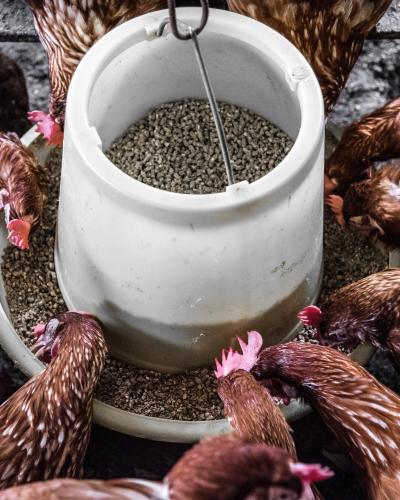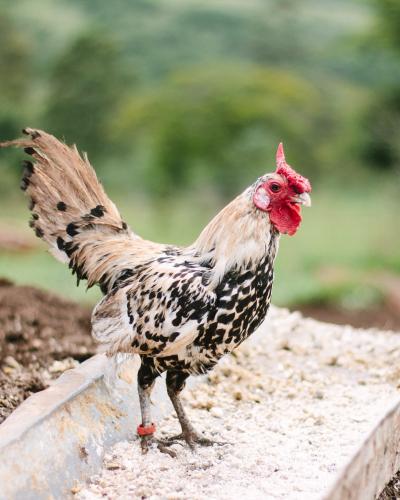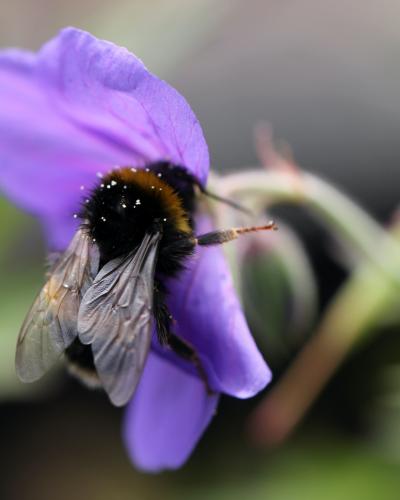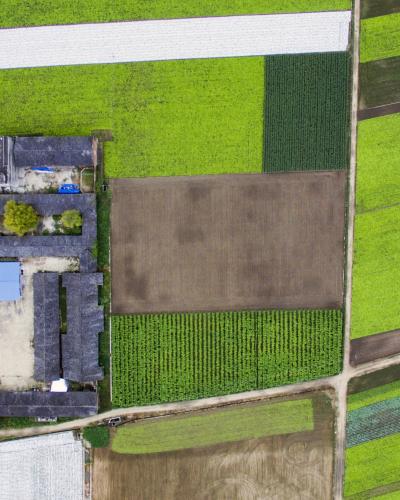A study in Journal of Cleaner Production found that not all types of soybean farming are considered equal, and organic farming offers greater sustainability when it comes to impacts on the...
Dec 20, 2021
Insects are an important dietary protein component for free-range, pasture-raised chickens, but commercial chicken feeds contain other types of protein like soybean meal that result in high feed...
Dec 06, 2021
A new study published in the Journal of Applied Ecology shows the importance of maintaining biodiversity to achieve natural pest control and reduce the use of insecticides. Specifically, the study...
Oct 25, 2021
A new review published in the journal Agronomy compiles scientific evidence showing that using recycled animal waste to manage fertility for food production is important for boosting in yields in...
Oct 04, 2021
A recent study presented at the EurAsia Waste Management Symposium found that when organic cotton is substituted for conventional cotton in denim production, 11 indicators of global warming, human...
Sep 27, 2021
Climate change has increased extreme weather events like flood and drought, while population growth and development have caused habitat loss and fragmentation, and both of these climate and land...
Sep 13, 2021
There is a growing body of science that shows organic farming is more profitable than conventional. While this is largely attributed to higher premiums paid for the organic brand, a recent study...
Sep 06, 2021
Farming comes in all shapes and sizes and varies in levels of sustainability, though there has been a growing global push for all farming to become more equitable and better for human and...
Aug 23, 2021
A study published in Soil Science Society of America Journal shows that organic farming emits fewer greenhouse gases and has lower global warming potential than conventional farming. The study...
Aug 09, 2021
Brain development and cognition is influenced by environmental factors and the most formative time occurs before birth and during childhood. A unique study recently published in the journal...











